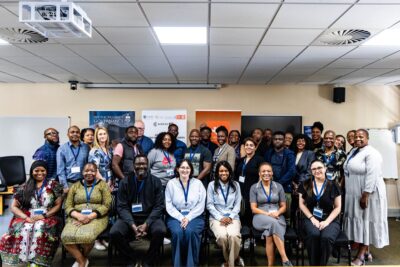“A case for vigilance, not despair,” from The Economist:
Urban areas dominated by one religious group in a bullying way are not merely an affront to members of other groups who might want to walk, shop or trade in that place. They are also a risk to individual members of the locally dominant group who want to exercise their rights: for example, young women who choose not to wear headscarves or enter arranged marriages. Upholding the rights of those individuals is a vital task for national governments, legislators and courts. Many European states have large bureaucracies, reinforced by a network of NGOs, whose job is to protect immigrants from oppression by the majority “white” population. These institutions should be just as concerned when the infringers of human rights are locally dominant religious establishments.
Historically, multi-ethnic societies have worked in many different ways. In some, each individual’s freedom was limited by the taboos and hierarchies of his or her community. But at best, cities have been places of liberation where people of all faiths and cultures can interact and make their own choices. Today, Europe’s Islamising towns lie somewhere between those two poles—and every politician in Europe, whether national or local, should think about how to discourage restriction and encourage freedom.
Read the entire article here.













